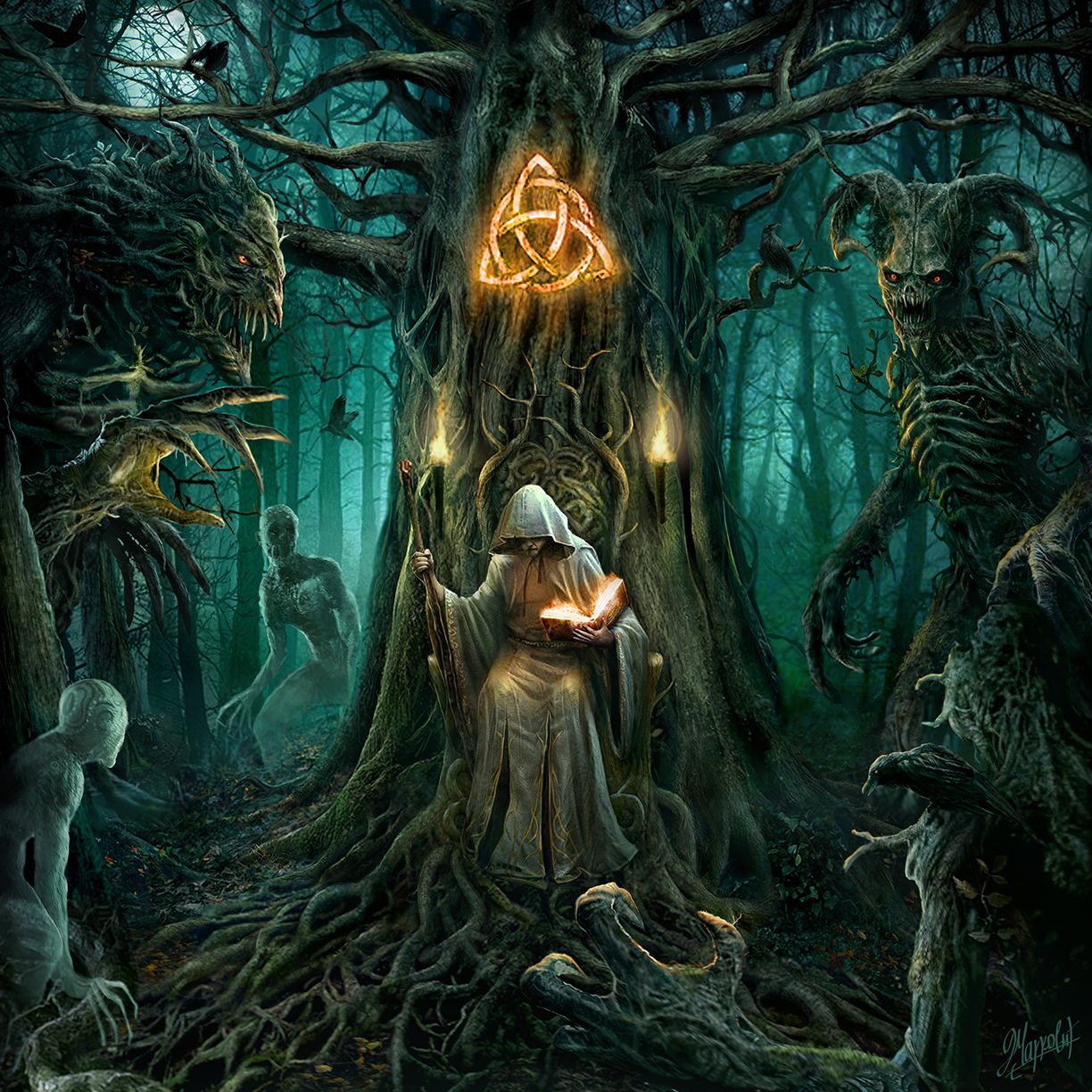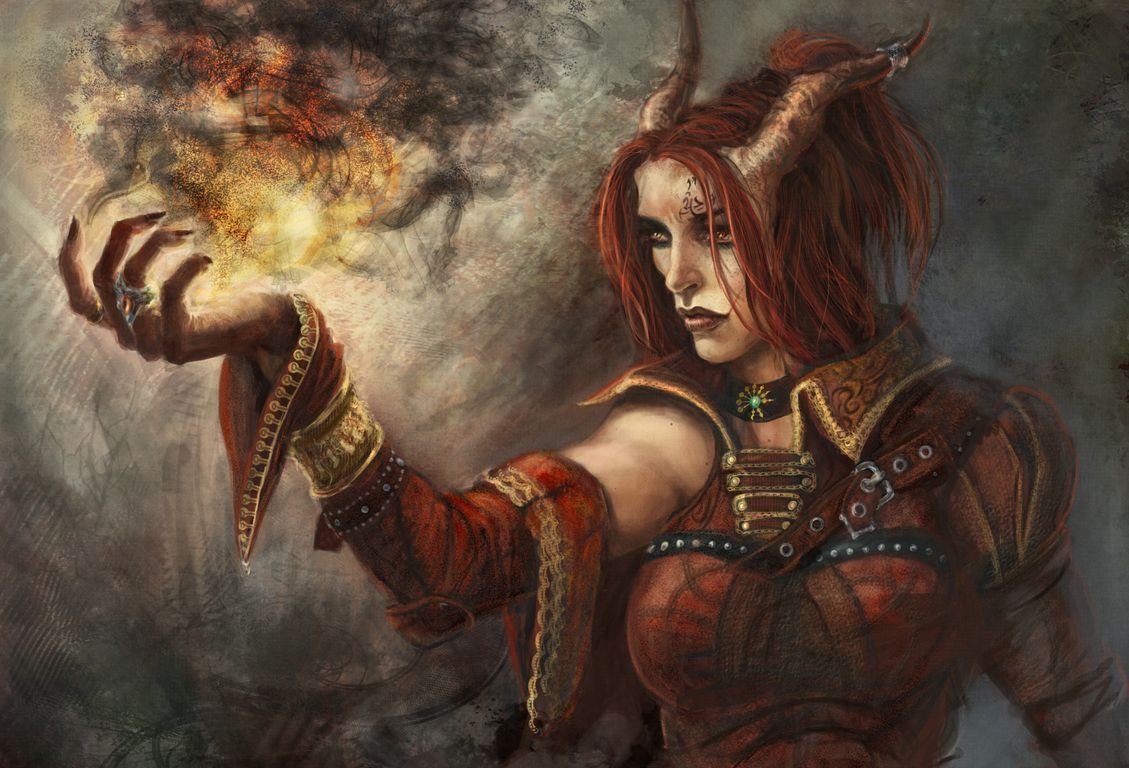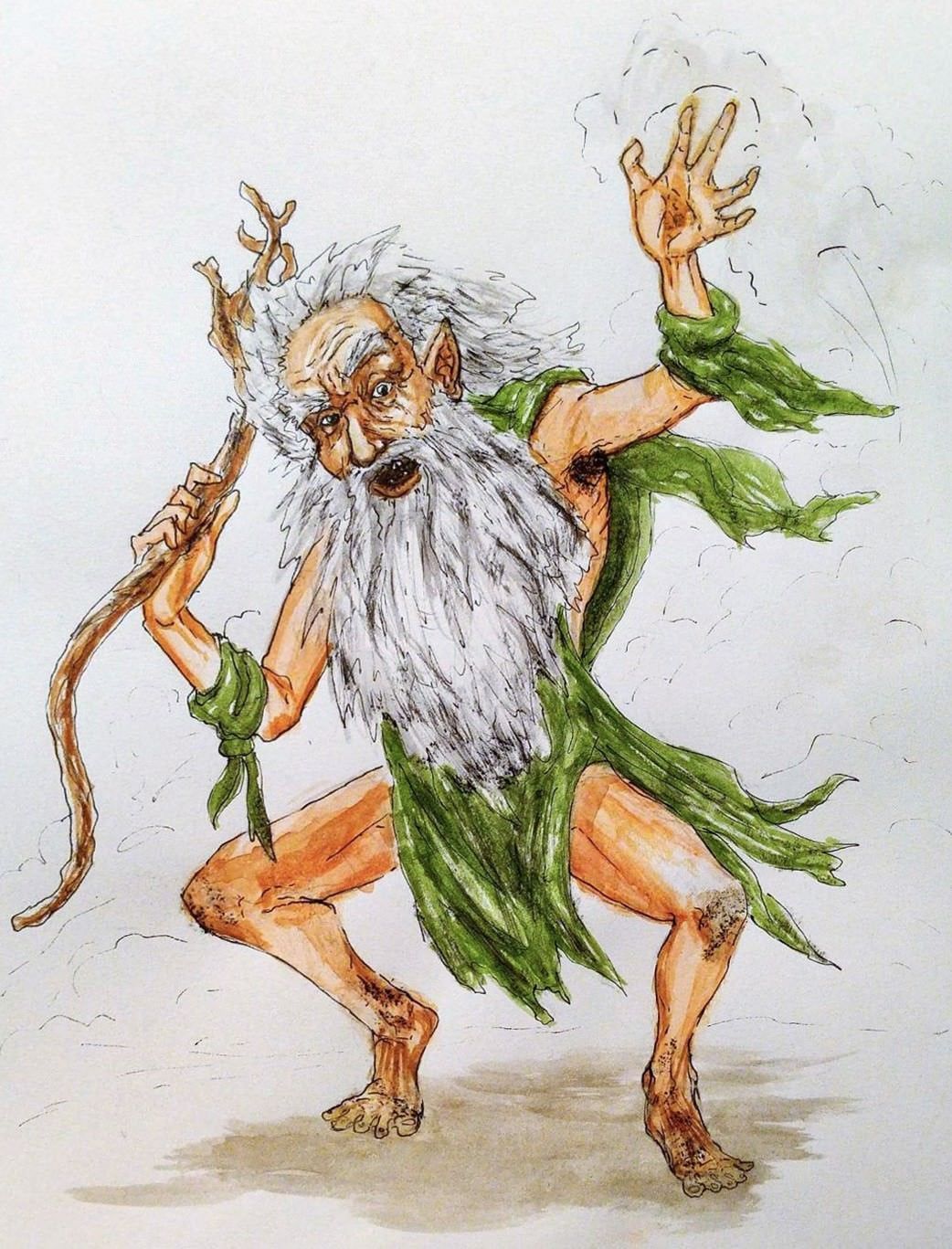Druids are a fascinating class in Dungeons & Dragons. Although real-world druids are practitioners of an ancient faith, in D&D they become powerful nature wizards who have a wide selection of powers that can make them incredibly useful to a party and very interesting to play.
However, with all the circles and variations of druidic power, it can be hard to decide which is the best choice for you. Plus, it can be hard to figure out which abilities make for engaging role-playing, and which will bore and annoy your fellow gamers. Our guide will help you pick the right way to play a fun, interesting, and powerful druid.
10 Must Use: Wild Shape
Wild shape is one of the most quintessential abilities of a druid. If a druid is supposed to commune with nature, is there any better way to do that than by becoming part of nature? It's easy to see how this could be a seductive power for a druid as they become more and more enveloped in the mysteries of nature. A druid might start transforming in specific situations to use the stealth or speed of an animal to scout ahead. But by the time a druid gains the ability to fly at 8th level, they have moved beyond the practical uses for wild shape and now find themselves lost in the purity of their animal forms.
9 Avoid: Sacred Plants and Wood
On the other hand, the ability of druids to utilize sacred plants and wood to make their weapons more powerful can get really annoying for other players. It leads to a tendency of players to go into excruciating detail about their equipment and weapons, which gets boring, irritating, or infuriating for others. "I raise my oaken shield. Its lovingly oiled surface shines in the sun, illuminating the delicately inlaid shapes of ash, depicting the hearty Samhain feasts of yore . . ." etc. etc. Everyone has had one of these players in their group, and it really slows down the game for everybody else. If you love this kind of detail, feel free to add it on your player sheet, but make only passing reference to it when playing, if at all.
8 Must Use: Circle Spells Swamp
If you opt to join the Circle of the Land, you can gain access to some powerful additional spells and abilities. The benefit of these spells is partly that you get access to some not normally accessible to druids. And it's partly that you can always have these spells prepared, without taking up any prepared spell slots.
But to get the best benefit, you have to pick the right land. Swamp is a good choice. The first spells available, darkness and Melf's acid arrow, give you a combination of additional offense and defense when you need it most.
7 Avoid: Circle Spells Coast
On the other hand, choosing coast for your circle terrain is much less useful. While your first two spells--mirror image and misty step--are powerful defensive nondruid spells, they are less useful to your party. Your party benefits if you can survive encounters with these abilities, but people start to get resentful if you misty step away every time danger rears its head. The people who are taking all the blows might decide to start sharing the wealth once drink has loosed their fists. Plus, the next set of spells, water breathing and water walk both become available to you at the same time with or without this circle spell choice.
6 Must Use: Circle Forms
Opposite the Circle of the Land is the Circle of the Moon, which focuses on a druid's wild shape ability. The Circle Forms let you transform into more dangerous creatures. Sure, you still can't swim or fly at first, but you can rapidly increase your power by transforming into much more challenging animal forms. This helps bulk out your hit points (also expanded by the combat wild shape ability), and lets you bring more muscle to the fight, which can pull the party's bacon from the fire in many situations.
5 Avoid: Thousand Forms
On the other hand, the thousand forms ability, which you gain at 14th level, has real potential to become a nuisance to your party members. It gives you the ability to use the alter self spell at will, which gives very little bonus.
Instead of changing into a fish or shark when you want to swim, for example, you can give yourself gills and webbed fingers. Or, instead of turning into a bear, you can grow bear claws on your hands. Since the Primal Strike ability you gain at 6th level already makes your natural weapons magical, the net effect of this is more uses and a +1. Oh, and you can use it to subtly alter your appearance, such as giving your dwarf a nose job. The temptation to add painful levels of detail here becomes quickly apparent.
4 Must Use: Spirit Bond
This ability lets you summon a spirit that drapes your party in a powerful aura which can grant major benefits in terms of detecting enemies and combating them. One of these auras give additional hit points and saving throw bonuses. Another gives you improved healing abilities. And still another makes it easier for you to detect hidden enemies, while also improving healing. These abilities are very useful in many situations, making your druid an extremely valued member of the party.
3 Avoid: Beast Speech
Beast speech is not a terrible ability, per se. It's like always having speak with animals. But that's just the problem: this is an ability that druids can access quite easily.
Speak with animals is already a first level spell, so it's not hard to cast. And since you can cast speak with animals as a ritual and not expend a spell slot, the benefit of this ability becomes extremely limited. At best, you can try to strike up a conversation with an animal that's attacking you, trying to talk it down. But this seems a dubious benefit.
2 Must Use: Natural Recovery
The biggest limitation of spellcasters at low level is their small number of spell slots. These get exhausted quickly, and can't be regained until you take a long rest. This can make other classes wonder whether you're really worth protecting if you don't have enough spell slots to heal the damage they took defending you. Natural recovery lets you recover used spell slots during a short rest. It's small at first, but it essentially expands your spell use by a third immediately--that's a difference that everyone in the party will feel at second level.
1 Avoid: Timeless Body
Timeless body fits well into the druidic lore for D&D and other fantasy settings. The timeless power of these natural wizards can slow their aging dramatically. While it's cool that your druid is going to outlive pretty much everybody in the party (assuming they get the chance to die in their sleep, which not all adventurers do), this is not something you want to role play too much. Nobody needs to hear how your character is avoiding nasolabial folds and glabellar lines. And don't count on timeless body to save you from the effects of all that pipe-weed. Death comes for us all. Even the archdruid.










